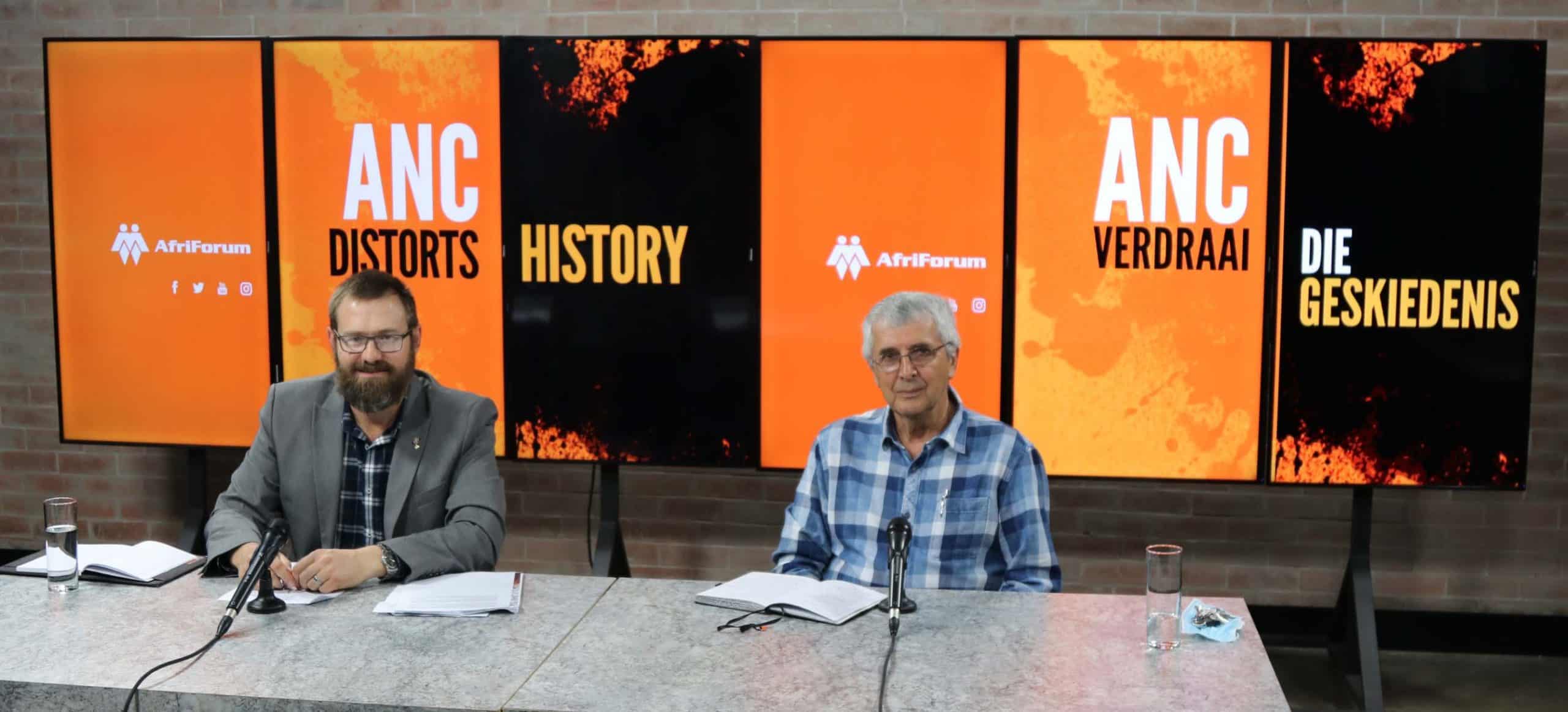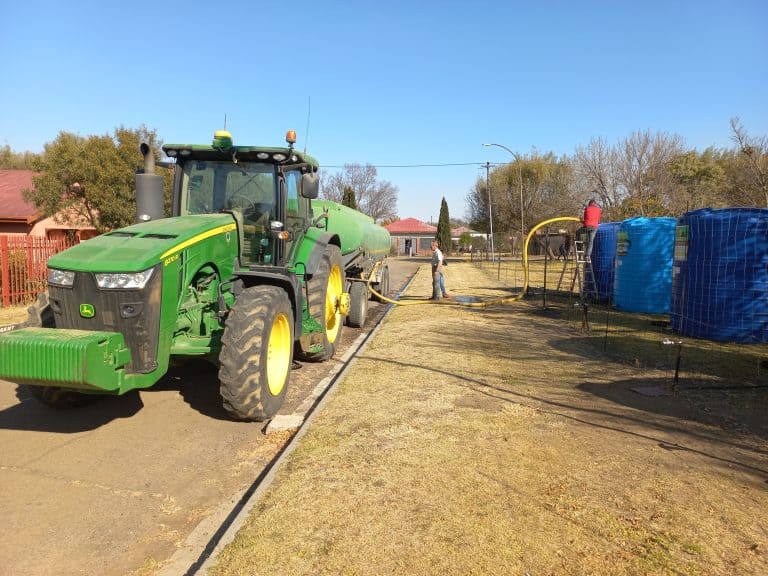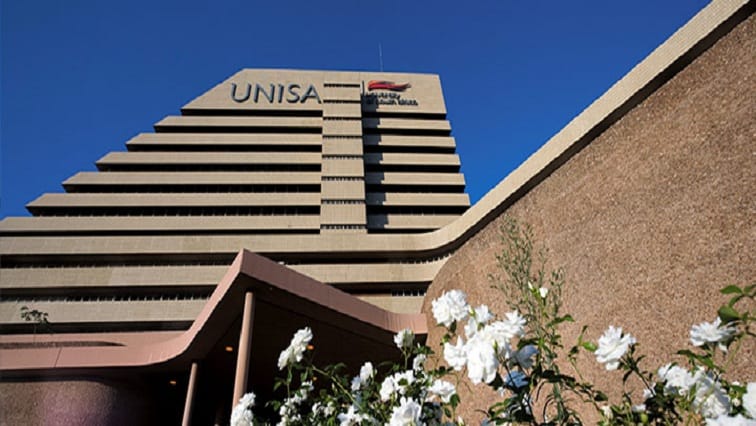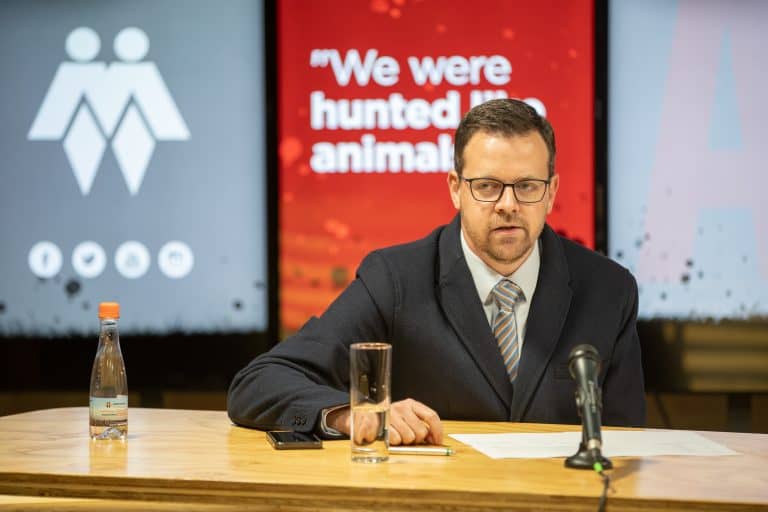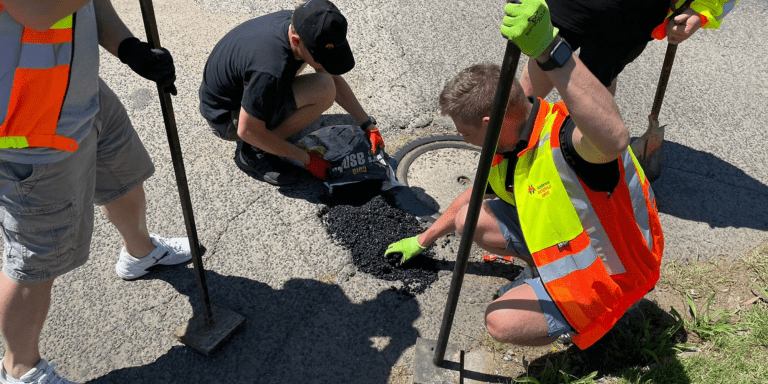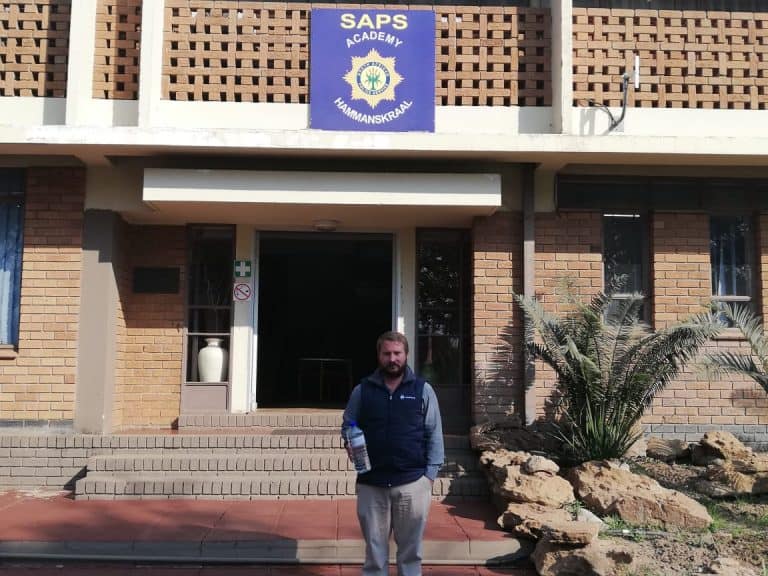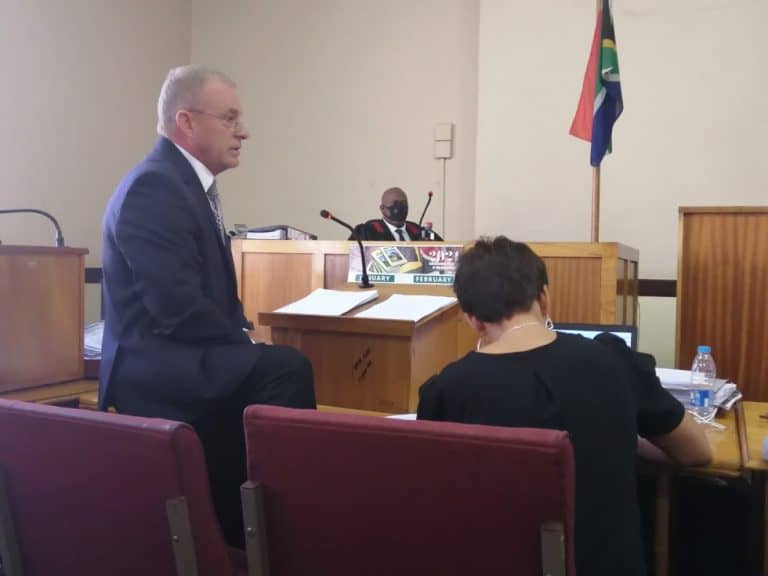New report exposes ANC’s distortion of history
The civil rights organisation AfriForum released a report today that exposes the ANC’s distortion of history. This report was conducted by the thinktank Opinor in response to the Presidential Advisory Panel on Land Reform and Agriculture’s final report’s section on historical context.
The report points out the following, among others:
- There are several factual errors in the report.
- Questionable allegations are made without any source references.
- The impression is created that Afrikaners were or are foreigners, which is a deliberate distortion of historical reality.
- Exaggerated generalisations about the history of land ownership are made.
- The units that are used to describe the extent of land are not consistent and are also units that are unfamiliar to citizens.
- Several important historical events are excluded.
- Word choices create the impression that the history of South Africa was created by only two groups, one evil and European or of European descent, and the other the victim and from Africa.
“Historic events are used in the report of the president’s advisory panel as motivation for land reform and the amendment of the Constitution to make expropriation without compensation possible. It is problematic if history is distorted to achieve ideological goals and to serve a political agenda. It is essential to deal with the past in an honest way so that lessons can be learned from it. Lessons learnt can then be utilised to build a future where a repetition of mistakes can be avoided,” says Barend Uys, Head of Research at AfriForum.
“One gets the impression that the aim of the final report was not to discover and present the truth. It was rather to create stereotypes that are based on race and to promote a very specific main narrative of villains and victims – to justify a preconceived outcome,” says Dr Jackie Grobler, author of the report.
“It is clear that the government cannot be trusted with history. Cultural communities must therefore take responsibility themselves and cooperate to discover the truth in shared history and then utilise insights gained to normalise the past, and therefore the future,” Uys concludes.


